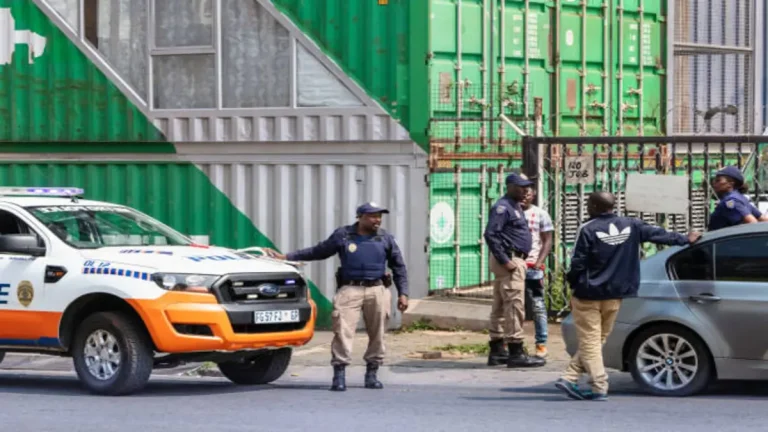The days of tossing traffic fines aside and hoping they disappear in bureaucratic chaos are officially over. From 1 December, the long-awaited Administrative Adjudication of Traffic Offences (Aarto) system will go live, ushering in a new era of accountability for motorists and fleet owners alike.
Thank you for reading this post, don't forget to subscribe!A New Dawn for Traffic Law Enforcement
Traffic legislation expert Doug Warren from SASMiNT, who has trained hundreds of fleet managers on Aarto, says the rollout will be a “wake-up call” for many. “People are going on holiday in December and will get fines in other provinces. This time, those fines will follow them home,” he explained. From next month, the system will connect 69 municipalities, ensuring your traffic fines no longer disappear in administrative limbo.
How the Aarto System Works
To make it clearer, here’s how the new process unfolds:
| Stage | Action | Timeline | Penalty/Reward |
|---|---|---|---|
| Infringement Notice | You receive a fine (e.g., speeding) via email or SMS | Within 40 days | Pay within 32 days for a 50% discount |
| Courtesy Letter | Sent if fine is unpaid | 10 days after initial notice | Lose discount + R100 admin fee |
| Enforcement Notice | Final stage before penalties | After courtesy letter ignored | Licence renewal blocked until fine is paid |
Motorists who ignore this notice will be barred from renewing their vehicle or driver’s licence. Professional drivers, such as truckers and bus operators, may even be unable to work until they clear their fines and penalties.
Digital Notices and Faster Communication
One of Aarto’s biggest improvements lies in its digital communication system. Gone are the days of waiting for letters from the Post Office fines and notices will now be sent electronically via email or SMS. Warren notes that this upgrade ensures accountability: “Your contact details are already linked to your licence and vehicle registration, so there’s no place to hide.”
Nationwide Rollout and Company Compliance
By April next year, the remaining 126 municipalities will join the Aarto network, fully integrating all systems. For companies, the shift is significant. Businesses must nominate the driver responsible for an infringement to ensure they direct fines to the correct individual. If a company vehicle is not roadworthy, both the driver and the company will face penalties. Warren advises firms to introduce strict vehicle inspection systems to avoid hefty fines and demerit points.
Why Aarto Matters
Currently, over 80% of traffic fines go unpaid, costing the state millions. Aarto aims to fix that. With most offences caught by speed and traffic-light cameras, roadside bribery will become less effective. Still, motorists should know their rights. Warren says you can refuse to sign a fine at a roadblock if you have a valid reason. “Document everything take photos, record details, and submit them when filing an objection online,” he added.
Changing Behaviour on the Roads
Once motorists realise that unpaid fines could block their licences or even jeopardise their jobs, attitudes are expected to shift. Warren believes this will “change forever how South Africans behave on the roads”. With the Aarto system finally rolling out nationwide, the message is clear: Drive responsibly or pay the price.
Related article: Fake Traffic Fines Surge Ahead of AARTO Rollout – SA Motorists Urged to Be Cautious




